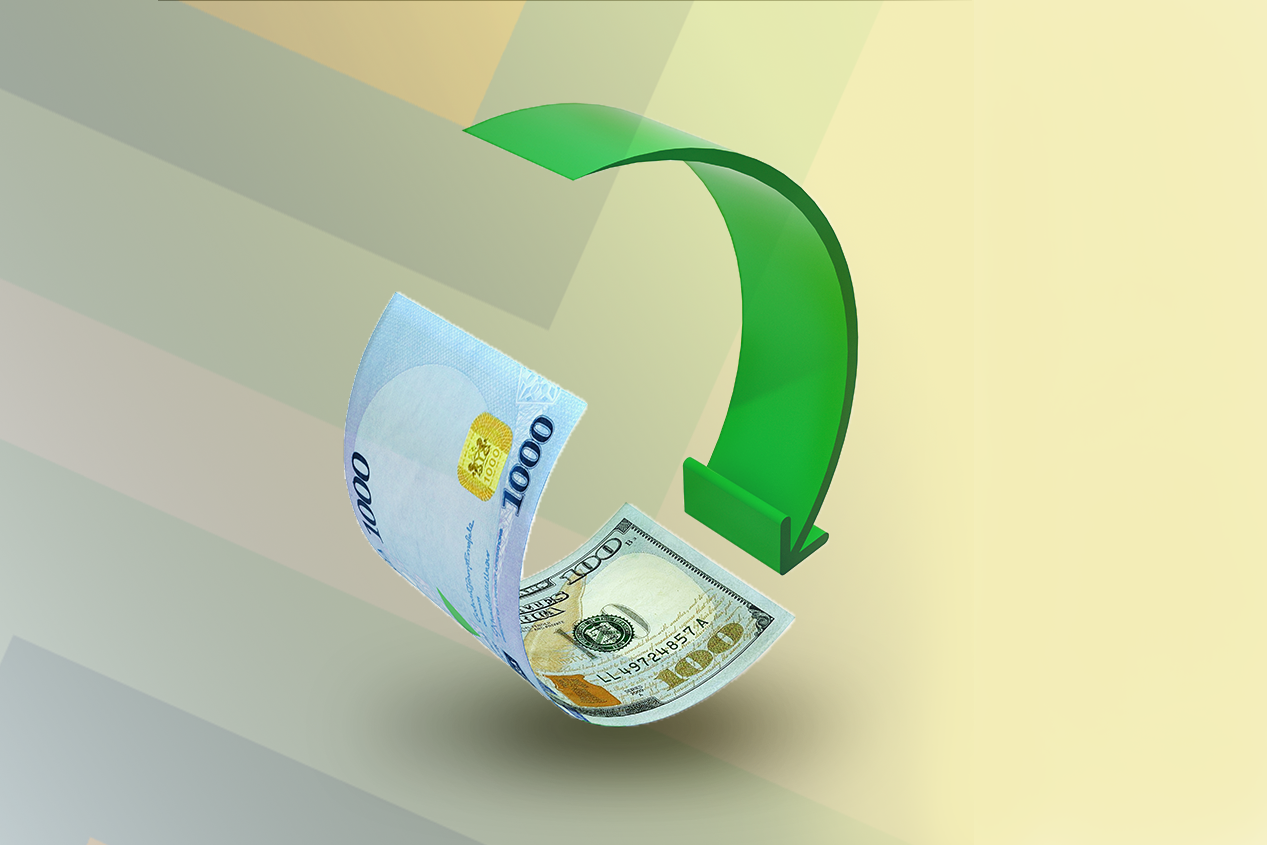
How to Get the Best Exchange Rates: Dollars to Naira
Author Eyitemi Efole
For Nigerians, exchange rates are pivotal in personal travel, business transactions, and overseas education payments. However, finding the best rates between dollars and naira can be challenging due to market fluctuations and a variety of forex market players. This guide will help you navigate the complexities of exchanging dollars for naira, offering practical tips to secure the best rates while minimizing costs and risks. By following these steps, you’ll be better equipped to make informed decisions on where and how to exchange your currency.
Understand the Forex Market in Nigeria
The foreign exchange (forex) market in Nigeria is multifaceted. Unlike many developed countries, Nigeria’s forex market involves a combination of official and unofficial rates due to currency shortages and regulatory constraints.
Here’s a breakdown of key factors influencing exchange rates:
- Demand and Supply: High demand for dollars, especially from importers and travelers, causes daily rate fluctuations.
- Inflation and Economic Policies: The Central Bank of Nigeria (CBN) often adjusts policies to stabilize the naira.
- Global Oil Prices: As a major oil-exporting country, Nigeria’s forex reserves and naira stability are closely tied to global oil prices.
| Major Players | Market Participant Role |
| Banks | Official channels often offer lower exchange rates |
| Bureau de Change | Flexible, competitive rates, licensed by CBN |
| Black Market | Unregulated, often higher rates, risky |
Best Ways to Exchange Dollars to Naira
1. Banks
Banks offer a secure and official way to exchange dollars for naira, though their rates may not be the best. Here are some factors to consider:
- Pros: Safe, reliable, and supported by CBN regulations
- Cons: Generally lower rates compared to other sources, with additional fees.
- Tips:
- Choose High-Volume Days: Banks sometimes offer marginally better rates midweek when transaction volumes are higher.
- Avoid Hidden Fees: Ask specifically about any handling or service fees that could add up.
2. Bureau de Change
A bureau de change (BDC) is often a preferred option for those looking to exchange dollars for naira at flexible rates. However, not all BDCs are created equal.
- Pros: Competitive rates, flexible.
- Cons: Can be unreliable if unlicensed.
- Tips:
- Verify License: Only transact with licensed operators listed by the CBN.
- Negotiate: In many BDCs, rates are negotiable. Be assertive to ensure you get the best deal.
3. Black Market
Though unofficial, the black market attracts people with its typically higher rates. However, this comes with risk.
- Risks: Legal penalties, risk of fraud.
- Tips: For safety, consider using a reputable intermediary if unavoidable, and avoid large transactions.
4. Online Currency Exchange
With technology evolving, online currency exchanges offer a convenient way to trade dollars for naira, often with transparent rates. However, online platforms come with their risks.
- Pros: Convenient, rates are often better than banks.
- Cons: Some platforms lack transparency and pose potential security risks.
- Popular Platforms: Services like AbokiFX and some FinTech solutions now offer digital exchange options, but always verify their licenses.
- Tips: Check Reviews: Research platforms thoroughly before committing. Use Secure Payment Options: Avoid sharing sensitive details directly and opt for platforms with secure encryption.
Tips for Getting the Best Exchange Rates
-
Time Your Exchange: Rates fluctuate, so try exchanging when rates are favorable.
-
Compare Rates: Always check multiple sources. The nairacompare. ng comparison tool can help.
-
Negotiate: BDCs and some black market operators may negotiate rates.
-
Avoid Hidden Fees: Ask for a breakdown of costs to avoid surprises.
-
Consider Exchange Apps: Some apps track rates and provide alerts on favorable times to buy or sell.
Conclusion
Finding the best exchange rate from dollars to naira requires understanding the market, comparing rates, and evaluating safe and reliable methods. By using these strategies, you’ll gain better control over your currency transactions, minimize costs, and avoid potential risks.
About Author

Eyitemi Efole
Eyitemi Efole is exploring the marketing field, with a particular interest in brand management, strategy, and operations. She is keen on understanding how brands build trust and connect meaningfully with their audience.
.png?width=1615&height=444&name=nairaCompare%20Christmas%20logo%20(PNG).png)









